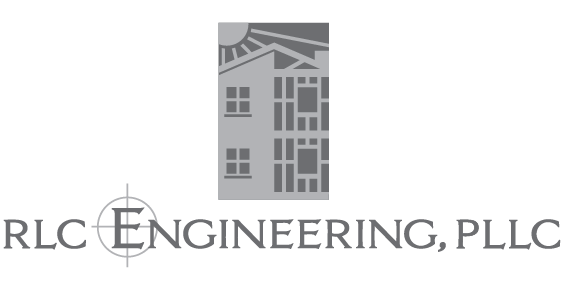Buying a brand new house or having a new house built can be pretty stressful. Lots of decisions have to be made. Deadlines are often short. Lots of money is involved. And it’s your dream home.
Then a problem or issue comes up.
Without going into too much detail, here’s some things that may have a role in getting the issues resolved efficiently.
Your contract is a legal agreement between you and the builder about what he/she is to build for you. This agreement is governed by contract law. The more detailed this document is, the clearer the expectations are for both people. A two-page contract is legal but it will not provide the same kind of detail (and protection) as a 40 page contract. If it is important to you, make sure it is spelled out in the contract. On the other hand, if it is not in the contract, and you later ask for it, it will probably cost you extra. Your contract is your first and best line of protection in getting what you want.
Building Codes are the next line of defense. But as the saying goes “A house built to code is the worst house you can legally build.” Most builders construct house far better than code, most of the time. And we don’t give the code inspectors nearly enough time to properly inspect a house, so every once in a while something in violation of a code will slip by. Another aspect of codes is that even though the entire state enforces the same code, each code inspector interprets and enforces the code differently. Two suggestions: If you are buying a new house, don’t accept it until it has a Certificate of Occupancy (or final inspection), and if you are building a new house, hire an independent party to monitor the construction. Builders may not like this second suggestion, but catching something when it is easily fixable is usually much cheaper than fixing it after the house is finished.
Your last line of defense is, in my opinion, the SC Residential Construction Standards. The standards cover items that are not covered in the codes: things like squeaky floors that are not health or safety issues. Things addressed in these standards could be in your contract. Most builders construct house far better than these standards, but occasionally something goes wrong: an employee or sub may have had a bad day or some material may just be defective. In these cases, I believe that most builders will work with you to clear up these issues, if you work with them also.
Time Constraints:
Some contracts provide timelines. There may be a penalty if the timeline is not met. This is contract law. If you want to invoke a penalty clause, how about also including a bonus for completion before a certain time?
State laws also include some time constraints for filing lawsuits. If you have a problem that you think or feel might end up in court, or if the problem is taking more than a few months to clear up, consult an attorney for these time constraints so you don’t accidentally eliminate a legal option.
The SC Residential Construction Standards discuss several time frames. For example, much of what is covered in these standards are the builder’s responsibility for the first year. After that it is your problem (unless state laws are an issue). Lots of things happen to a building during the first year. Work with your builder: don’t call him/her each week with a new list of complaints. If something comes up during that first year, contact your builder and ask how you can work together to get the issues resolved. Maybe one complete list can be addressed at the end of the first year. Maybe some issues can be addressed at 6 months and the rest at the end of the first year. Let your builder know of concerns, but don’t expect them to make a million trips to your house during that first year.
Let your builder know your concern, then work with him or her getting things fixed. A complaint against a builder usually follows these steps:
- Discuss the problem with your builder first.
- If that doesn’t sufficient address your problem, contact your local building code person.
- If that still doesn’t solve your problem, contact the SC Residential Builders Commission.
- Your next step is to contact an attorney.
From a financial and procedural standpoint, the situation will probably be investigated by looking at:
- Building Code violations, followed by
- the SC Residential Construction Standards, followed by
- Contract law



